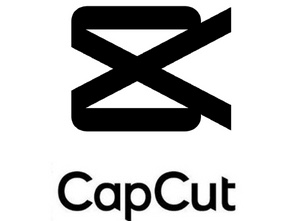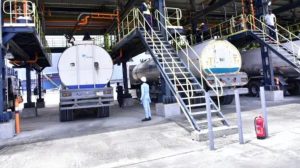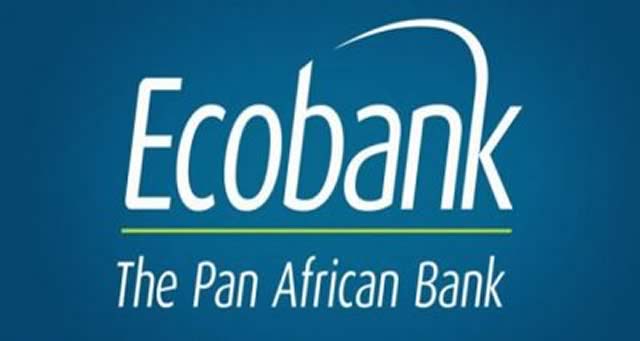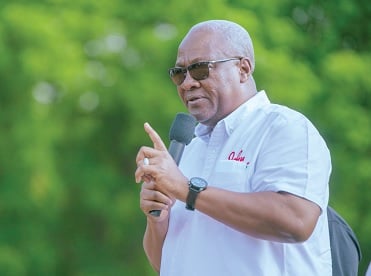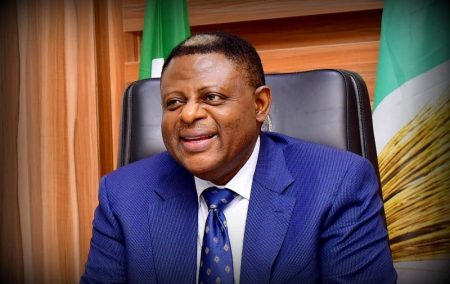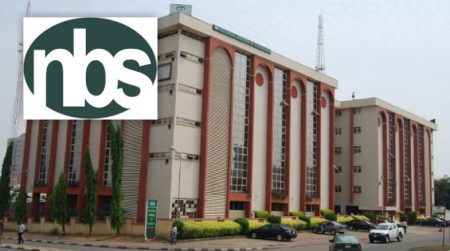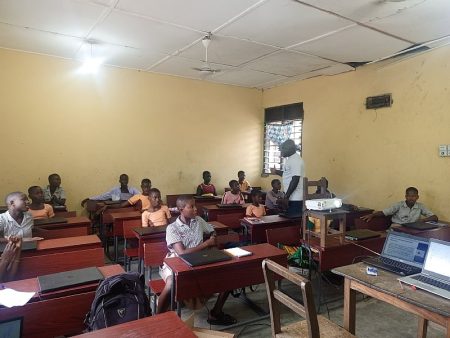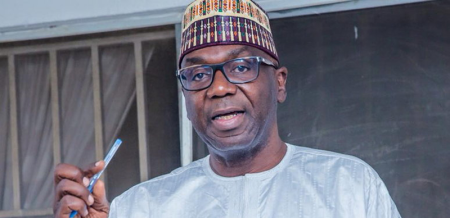Paragraph 1: The Genesis of the Dispute
The legal battle between Ecobank Nigeria and a group of defendants, including prominent businessman Obafemi Otudeko, revolves around a substantial shareholding valued at N6.3 billion in FBN Holdings Plc. These shares are held by Barbican Capital Ltd., the second defendant in the case. Ecobank alleges an unlawful sale of these shares, prompting the bank to initiate legal proceedings at the Federal High Court in Lagos. The dispute also encompasses shares in Honeywell Flour Mills Plc, pledged to Ecobank as collateral, which the bank seeks to protect from conversion into cash or negotiable instruments. This complex web of financial transactions forms the core of the ongoing legal tussle.
Paragraph 2: The Parties Involved and Their Legal Representatives
The legal proceedings involve a multitude of parties, each represented by seasoned legal professionals. Ecobank Nigeria, the plaintiff, is represented by Mr. Kunle Ogunba, a Senior Advocate of Nigeria (SAN). The defendants include Obafemi Otudeko, Barbican Capital Ltd., and Honeywell Flour Mills Plc, represented by Mr. Bode Olanipekun (SAN), Mr. Ade Adedeji (SAN), and Mr. Taiwo Osipitan (SAN), respectively. Other defendants are Siloam Global Services Ltd., Oyeleye Foluke, FBN Holdings Plc, the Corporate Affairs Commission, and the Nigerian Stock Exchange. Mr. Ademola Adesina appeared under protest for Siloam Global and Oyeleye Foluke, while Ms. Abiola Ogundare and Mr. Luqman Salman represented FBN Holdings and the Corporate Affairs Commission, respectively. The presence of numerous high-profile legal representatives underscores the significance and complexity of the case.
Paragraph 3: Defendants’ Objections and the Principle of Lis Pendens
The defendants raised preliminary objections, contesting the court’s jurisdiction to hear the case. Central to their argument was the principle of lis pendens – the existence of a similar case already pending before Justice Yellim Bogoro of the same court. The defendants also highlighted an ongoing appeal related to the same matter at the Court of Appeal. They contended that proceeding with the current suit would be duplicative and potentially contradictory to the outcome of the pending appeal. This procedural challenge formed a crucial aspect of the legal arguments presented.
Paragraph 4: The Court’s Ruling and Adjournment
Justice Dehinde Dipeolu, presiding over the case, acknowledged the defendants’ objections and the implications of the pending appeal. Citing the legal precedent established in Okafor v. Attorney-General of Anambra State, the judge ruled that proceeding with the case while it was under appeal would constitute "judicial recklessness." The court recognized the prior resolution of the issue regarding the similar suit before Justice Bogoro. Consequently, the court decided to halt further proceedings until the Court of Appeal renders its decision, effectively placing the case in abeyance. The matter was adjourned to December 1, 2025, for mention, awaiting the appellate court’s ruling.
Paragraph 5: Ecobank’s Legal Basis and Supporting Evidence
Ecobank anchored its suit on Order 26 Rules 5(1) and 6(1) of the Federal High Court (Civil Procedure Rules) 2019, and Section 36 of the 1999 Constitution. The bank’s claims were supported by a comprehensive 38-paragraph affidavit deposed to by Mr. Jafaru Kupa, a Financial Officer at Ecobank. This affidavit likely details the financial transactions and agreements underlying the dispute, providing evidentiary support for the bank’s claims of unlawful share sales and the need to protect its collateralized assets.
Paragraph 6: The Issue of Service and Media Awareness
An interesting procedural element emerged during the proceedings. Mr. Ademola Adesina, representing Siloam Global Services Ltd. and Oyeleye Foluke, appeared under protest. He argued that his clients had not been personally served with the originating processes, claiming that they only learned about the lawsuit through media reports. This raises questions about the effectiveness of the service process and the potential for prejudice if parties are not formally notified of legal proceedings against them. This issue of service may require further clarification and resolution before the substantive matters of the case can be addressed when the stay is lifted.


